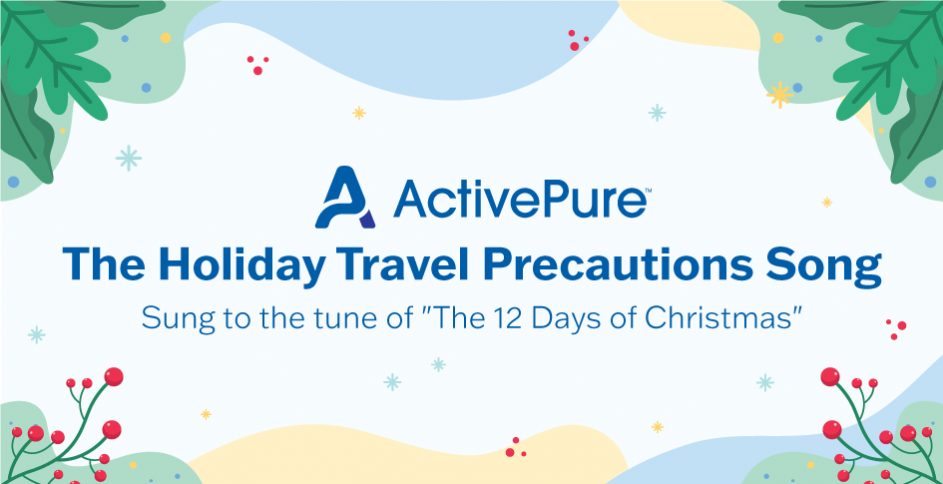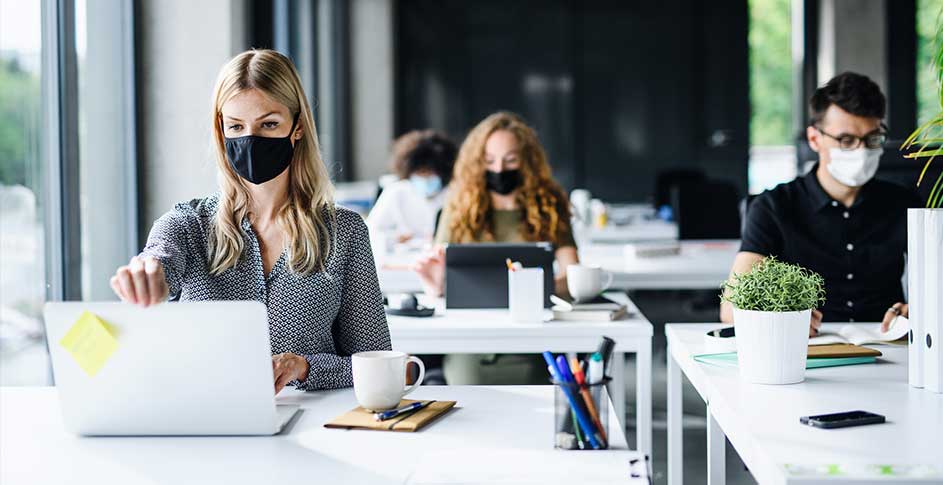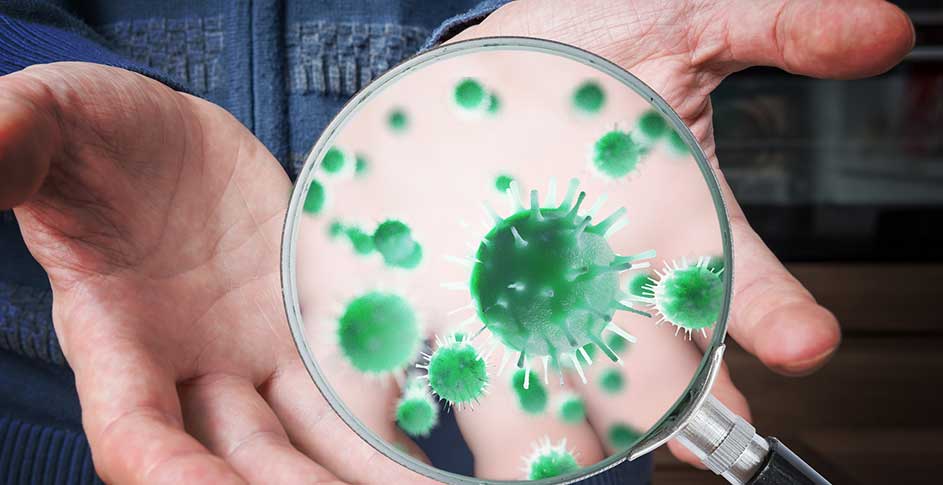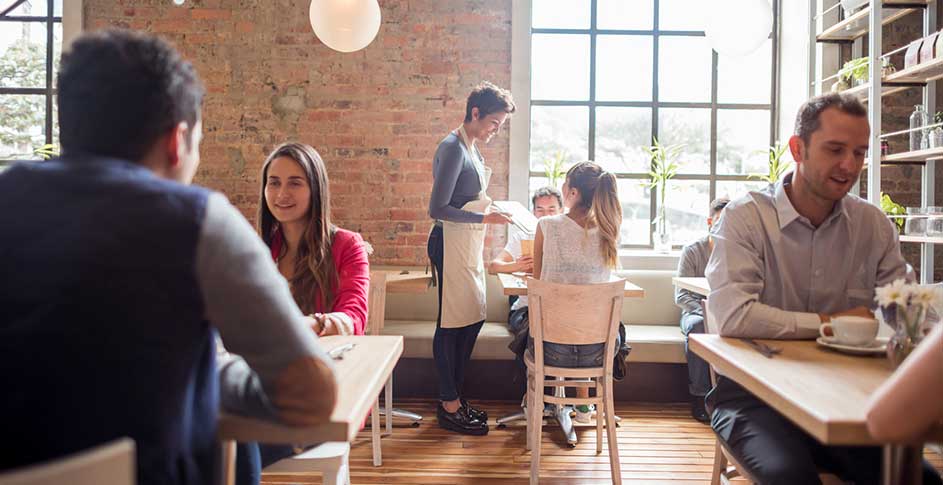Ah, the holidays. Time to snuggle in a sleigh under a quilt, put hot potatoes into the children’s pockets in case of a blizzard, and head to grandma’s house while avoiding packs of roving wolves.
Whoops, wrong century! We meant time to snuggle in the car under winter coats, put masks on the children in case of COVID-19, and head to grandma’s house while avoiding drunk drivers.
Holiday travel has always been fraught, and with a plague still ravaging the land (if less so than last year), you may be wondering what precautions to take on your pumpkin-pie sojourn. Fret not; ActivePure has 12 holiday tips that you can easily remember by setting them to a catchy and well-known holiday tune.
The Holiday Travel Precautions Song (Sung to the tune of “The 12 Days of Christmas”)
There are 12 travel/holiday precautions you can take:
Insist on ActivePure,
Bring your portable purifier,
Monitor your children,
Take time for your health,
Gently manage stress,
Masks on public transit,
Be a safe driver,
Thoroughly wash your hands,
Remember Murphy’s Law,
Stay home if sick,
Get your vaccinations,
And remember you can choose not to travel.
Ha! Does the TSA bother setting their rules and regulations to a catchy song? We think not.
Let’s break each one of these tips down:
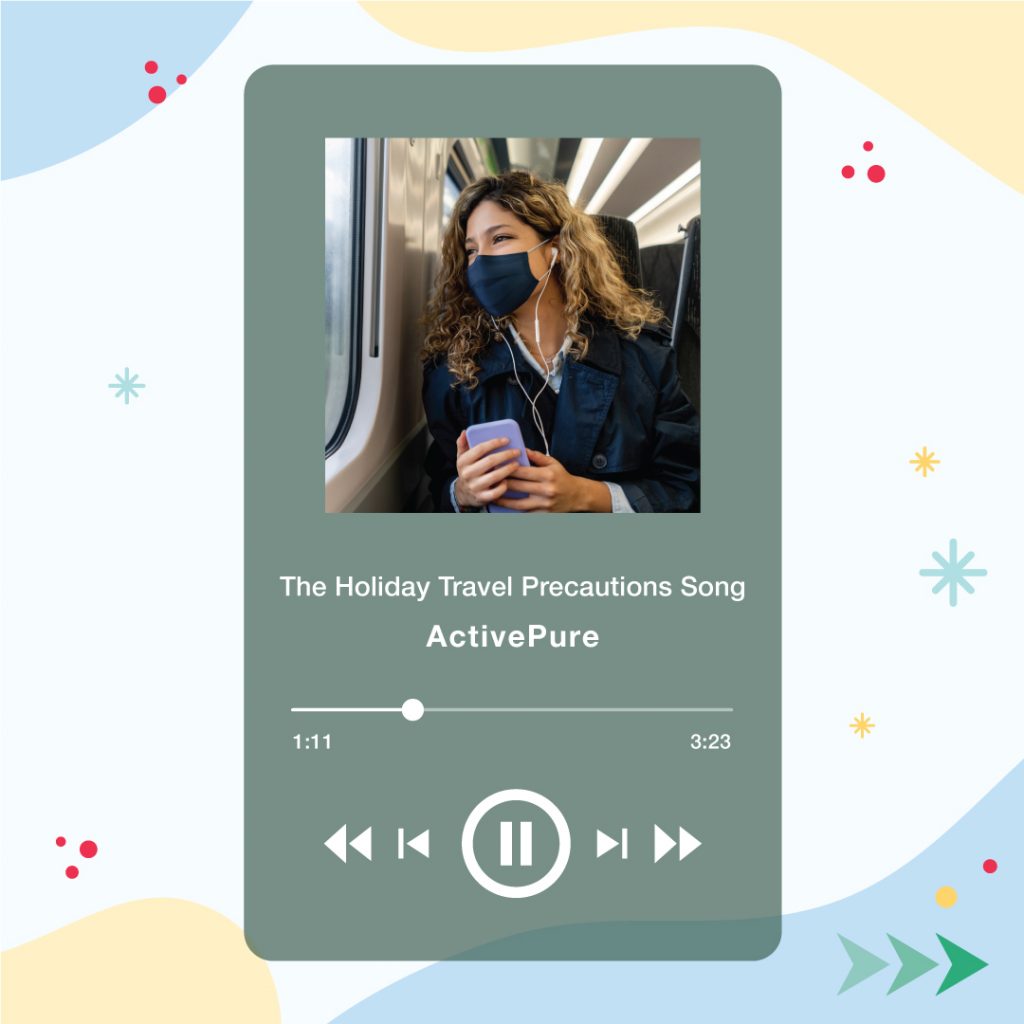
1) Remember you can choose not to travel
Everybody wants to make their grandma happy, but remember you can choose not to travel if you feel unsafe. It’s okay to set boundaries with family when your health is on the line. In fact, at least one doctor recommended that the immunocompromised stay home this year. Everyone has to make their own decision based on what is best for them and their loved ones. We’re not telling you to stay home; we’re just reminding you that you have that option if that is what works best for your holiday.
When making your decision, you may also factor the prevalence of COVID-19 at your destination. Look up international destinations here and domestic destinations here. For the latter, you can break down community spread on the county level.
2) Get your vaccinations
Before you travel, be sure to obtain any vaccinations recommended by your doctor. With few exceptions, this will likely include vaccinations for COVID-19 and the yearly flu. For some people, it may also include other vaccinations such as pneumococcal.
If your doctor recommends the yearly flu vaccine yet you are still skeptical, note that everyone from the Mayo Clinic to the U.S. Military thinks they are a good idea. The same is also true for the COVID-19 vaccination.
If you are not fully-vaccinated for COVID-19, please consider getting tested both one to three days before and three to five days after your trip. Avoid high-risk individuals, remember to socially distance, and quarantine for seven days after you return home (or ten days if you elect not to get tested).
Per the CDC, both vaccinated and unvaccinated individuals traveling via air “to the United States from abroad, including U.S. citizens, are still required to have a negative SARS-CoV-2 viral test result or documentation of recovery from COVID-19 before they board a flight to the United States.”
3) Stay Home if Sick
Even if it’s not COVID-19, you should stay home if sick. After all, do you really want to make anyone else as miserable as you are right now?
Are you sick right now but think you might be better in time for the holiday? Know for how long you are contagious: Colds are technically contagious as long as you have symptoms, although the first few days pose the greatest risk. The flu is contagious from one day before you have symptoms up until seven days after your symptoms first develop, although children and those with compromised immune systems may be able to spread it longer.
For COVID-19, you can be around others if you’ve been 24 hours without fever AND your symptoms have improved AND it’s been ten days since your symptoms appeared (or ten days since your last positive test for asymptomatic cases). If you are still waiting for your test results, the CDC recommends delaying travel until your results come back.
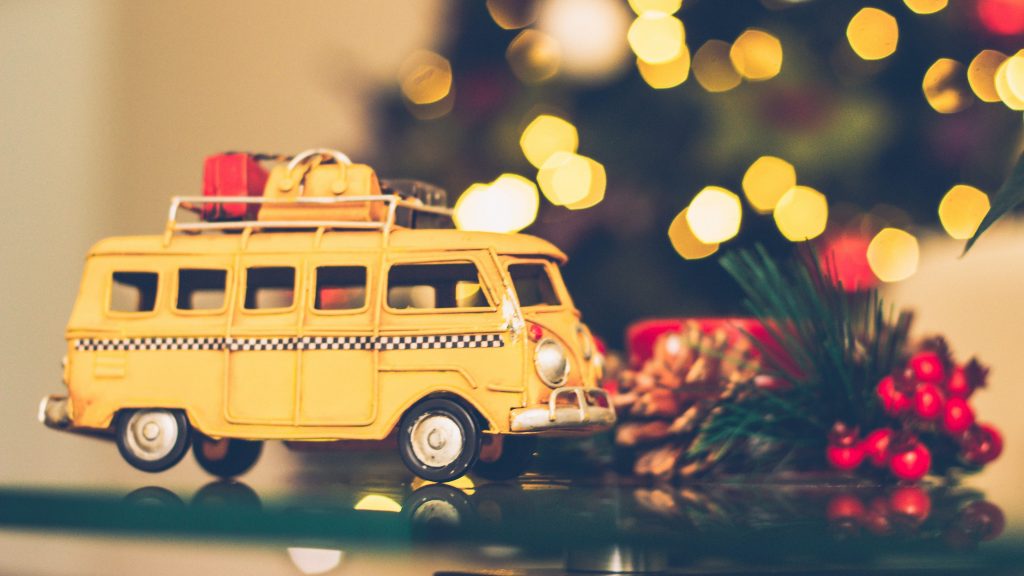
4) Remember Murphy’s Law
As the adage goes “Anything that can go wrong, will go wrong.” This year, as last, it might be better to err on the side of caution. Buy the refundable rather than non-refundable tickets or hotel bookings in case your plans change. Plan ahead as domestic travel reservations are up 91% vs. 2019, per a September article in the Washington Post. Travel insurance may also be wise, in case you or the people you are visiting get cold feet.
Also, keep apprised of changes in travel regulations, guidelines, and rules. Good resources for this include the TSA Covid Response Page or the CDC Travel.
5) Thoroughly Wash Your Hands
We all know this by now. We’ve seen the funny meme charts.
Wash your hands thoroughly for 20 seconds with soap and water before eating, before touching your face, and after coughing, sneezing, or nose-blowing.
Some additional tips: turn the faucet off between wetting and rinsing so you are not tempted to rinse too early (and to save water). Dry your hands on a clean towel or air dryer.
Fun fact: soap works against viruses like SARS-CoV-2 (the virus that causes COVID-19) because the virus is enveloped in a fatty shell. Adding soap (and scrubbing for 20 seconds) forces this shell to mix with the water, breaking it down much the same way grease is washed off a dirty pan. This is true for many other pathogens, which is why handwashing is such an essential part of staying healthy.
6) Be a safe driver
If we reviewed your entire high school driver’s ed class, we’d probably lose the thread of holiday travel a bit. However, you know the basics: buckle up, and don’t drive while drinking, distracted, or drowsy. This is unfortunate as the holidays are a time when people tend to become tispy, distracted, and overtired all at once.
Everyone knows the perils of drunk driving. But staying up all night wrapping presents and then getting behind the wheel is almost as bad as too many glasses of Pinot Grigio. One study estimates that 21% of fatal crashes might be attributed to drowsy driving. Meanwhile, distracted driving caused 3,142 fatalities in 2019 (a 9.9% increase over the previous year and 8.7% of total fatalities).
As we are a company deeply committed to air quality, we shall also remind you not to smoke in the car when driving with children or adult nonsmokers.

7) Wear a Mask on Public Transit
Pandemics aside, public transit is a far safer means of travel than private transit; it also appears to be better for the environment. Because of the pandemic, you might think it best to avoid public transit altogether this year. For most forms of public transit, however, that isn’t necessary; just wear a mask.
According to the BBC, “The risk [of COVID-19] on a plane is relatively low because of how often the air inside the cabin is circulated.” Amtrak appears to have enacted similar precautions to the airline industry. Some coach bus companies have even installed air purifiers. However, city busses and subways still might be worth avoiding if you can’t adequately social distance.
When using taxis (or driving with people who are not members of your household), crack the windows slightly to reduce your COVID-19 risk. Don’t be embarrassed to ask the driver to do so; after all, you are protecting them too.
If you are immunocompromised, you’ll want to make your own decision about whether or not to use public transit in discussion with your doctor.
8) Gently manage stress
Remember to manage stress healthily and appropriately. Stress does indeed affect your health. First, stress can cause psychosomatic symptoms such as headaches. Secondly, long-term stress weakens your immune response, leaving you more vulnerable to pathogens. Thirdly, stress can prompt you to self-medicate with unhealthy activities like overeating or smoking.
Finding a method of stress management that is both effective and healthy might be the single greatest challenge of adult life. If you are lucky to have one though, be sure to take some time for it—whether prayer or pushups, time alone or telephoning a friend, long walks or a warm sweater.
Notice that we say “stress management”, not “stress elimination”. This is because there is also “good stress” (such as the excitement of opening Christmas presents). Good stress, according to an article published in the Annals of the New York Academy of Science, is defined as “external and internal stimuli that are mild/moderately challenging but limited in duration and results in cognitive and behavioral responses that generate a sense of mastery and accomplishment, and can be perceived as pleasant and exciting.”
By the way, don’t let all these holiday travel tips become another thing that stresses you out either. Just do your best; nobody’s perfect.
9) Take Time for Your Health
One of the best ways to take care of your mental health is to take care of your physical health. When we get busy with Christmas, Hanukkah, and Thanksgiving travel, it’s easy to let sleep fall off the to-do list. But being drowsy isn’t just dangerous for driving (as mentioned above); it also seems to impair your immune response.
As for food, a little extra holiday indulgence might be expected (Grandma doesn’t make her holiday gravy every day, after all), but don’t go too far. As the CDC says, “Eat fruits and vegetables which pack nutrients and help lower the risk for certain diseases. Limit your portion sizes and foods high in fat, salt, and sugar.”
The American Heart Association recommends at least two and a half hours of moderate aerobic activity per week for adults, but five hours is better. (Don’t worry; you don’t have to do it all at once.) They also recommend some high-intensity muscle strengthening twice a week. Even something as simple as standing instead of sitting can improve health.

10) Monitor Your Children
For all these precautions listed, children may need some extra supervision and extra consideration. Plague or no plague, little ones are going to put things in their mouths. One of the three COVID vaccines has been approved for ages five and up in the United States. The CDC recommends every child six months and older receive a yearly flu vaccine.
Parents are unlikely to forget that children need to be coached on healthy eating, bedtimes, buckling up, and masking up. While children rarely need to be prompted to run around, the American Heart Association does recommend more exercise for children ages 6 to 17 than it does for adults.
11) Bring Your Portable Purifier
A little background is required here; when sunlight hits water vapor (H2O) in the air, it can knock off a hydrogen atom, creating •OH. Because this molecule is missing an atom, it wants to chow down on anything it can around it. This sometimes means grabbing its own hydrogen atom back again, but often it grabs instead onto atoms inside viruses, bacteria, volatile organic compounds, or methane. The molecule pull these airborne contaminants apart, effectively neutralizing them. This is the natural way that the atmosphere cleans itself.
This reaction doesn’t usually take place indoors. That’s where advanced photocatalysis comes in. Advanced photocatalysis (one of the technologies which powers ActivePure purifiers) mimics this cleaning process found in nature. The results speak for themselves. ActivePure proactively reduces bacteria, mold, fungus, and viruses in the air and on surfaces, including bird and swine flu, the corona cold virus, and the virus that causes COVID-19.
“Wonderful,” you say. “But it's not as if I can take a purifier with me on my seasonal journey.” Au contraire! ActivePure’s partners Aerus and Vollara, each distribute portable ActivePure Purifiers, so you can take ActivePure’s powerful technology with you wherever you roam.
12) Insist on ActivePure
Being inside your own personal bubble of air purification is nice, but what about everyone else? Good news! Everyone from bus companies to retail stores to event venues are starting to see the light and install ActivePure. Wherever you shop, wander, or recreate this holiday, check for the “Powered by ActivePure” window badge to see if that location is protected by ActivePure. And if it isn’t, go ahead and ask them why not; really stare them in the eyes until they begin to sweat. If they really care about their customers, they’ll break down and get ActivePure before you can say “Kris Kringle.”
As for any family you are visiting, they too can get a “Powered by ActivePure” window badge of their very own! If you don’t see one in grandma’s window, a purifier with ActivePure Technology would make a swell thank-you gift for her holiday hosting.
Some Final Words
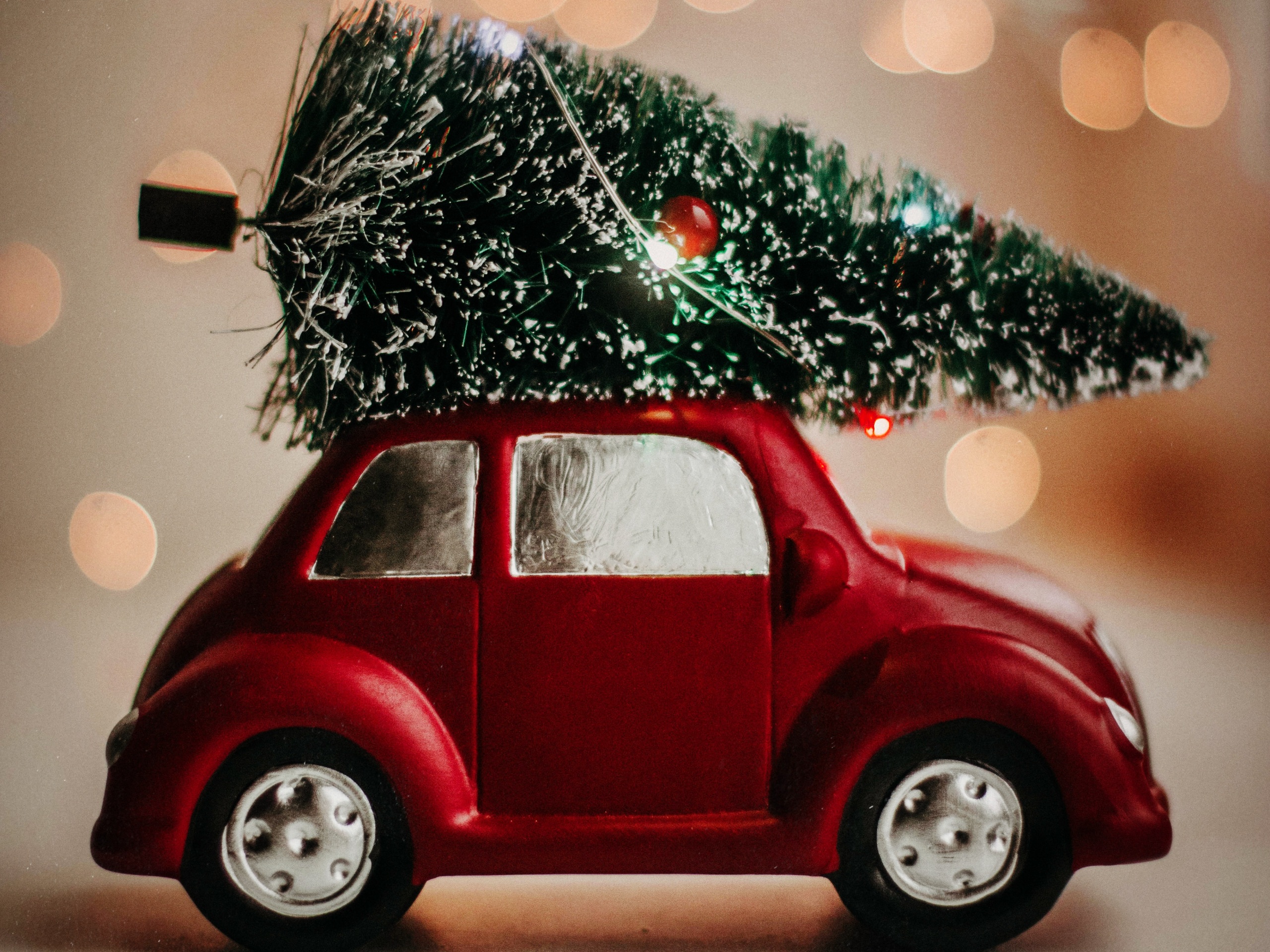
There you have it—a catchy tune of top travel tips for this season and beyond. Be sure to sing it around the warm glow of an air purifier with the rest of your family before getting a good night's sleep.
Happy Holidays from ActivePure!
